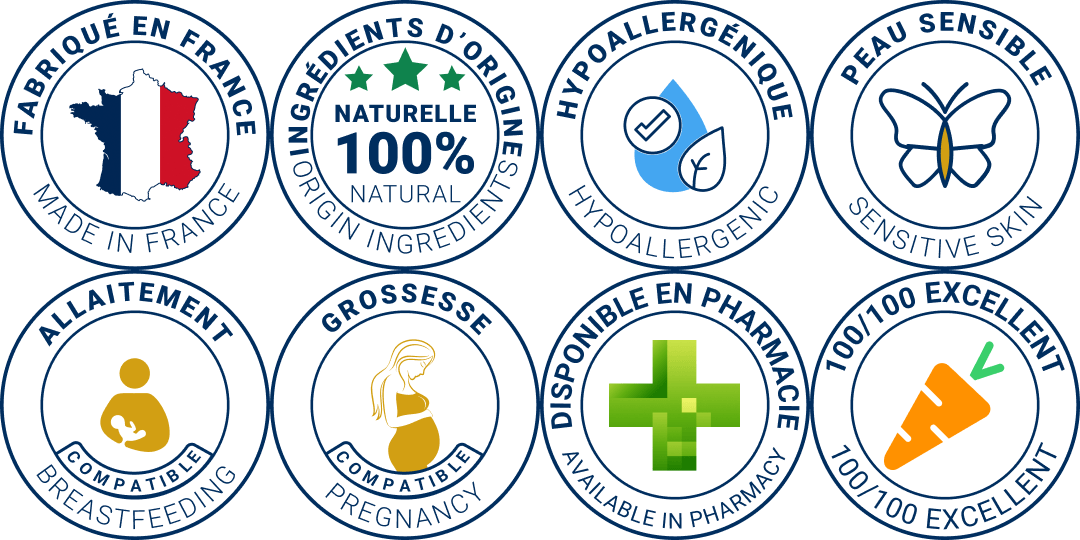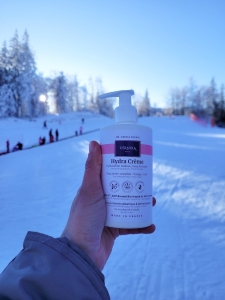Reading Time: mins
Appreciated for its purifying and antiseptic properties, tea tree essential oil is an effective natural remedy for a variety of scalp problems. Historically, it was used by aboriginal communities in Australia, and is known to effectively combat bacteria, viruses and fungi. This article explores its various uses, its benefits in the treatment of dandruff and fungal infections, and offers advice for optimal, risk-minimizing use.
Taken from Melaleuca alternifoliaTea tree oil has been valued over the centuries for its powerful antiseptic properties. Here are some highlights of its therapeutic applications:
Origin and ExtractionThis oil, from Australia, is obtained by steam distillation of tea tree leaves, ensuring the oil's purity and efficacy. Aborigines were already benefiting from its virtues long before it was scientifically recognized in 1922 by chemist Arthur Penfold.
Dandruff ControlTea tree oil's antifungal properties make it effective against dandruff, mainly caused by the fungus Malassezia. It helps reduce inflammation and normalizes skin desquamation, providing long-lasting relief.
Precautions and methods of useIt is crucial to dilute tea tree essential oil with a carrier oil such as jojoba or coconut oil to prevent any risk of allergies or skin reactions. A preliminary test on a small area of skin is also advisable to ensure the absence of sensitivity before more extensive application.
Tea tree oil offers a natural and effective approach to fungal infections of the scalp. The following guidelines are recommended for its use:
Direct Application and DetailsLocal application, diluted beforehand, on infected areas can help control and reduce fungal manifestations thanks to its antimicrobial properties.
Regular follow-upIt is advisable to monitor the progress of treatment on the scalp to ensure its efficacy, and adjust treatment if necessary.
There are various shampoos on the market containing tea tree oil. For those with sensitive skin, it's essential to select genuine, well-formulated products. Always check the label for the correct concentration of essential oil.


All Rights Reserved | Tous Droits Réservés GTIN Compliance Hydra Lavant | GTIN Compliance Hydra Crème



